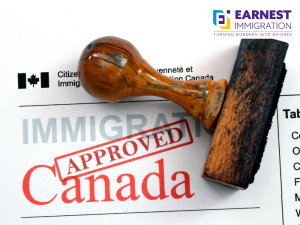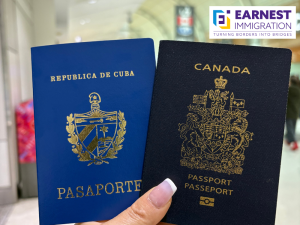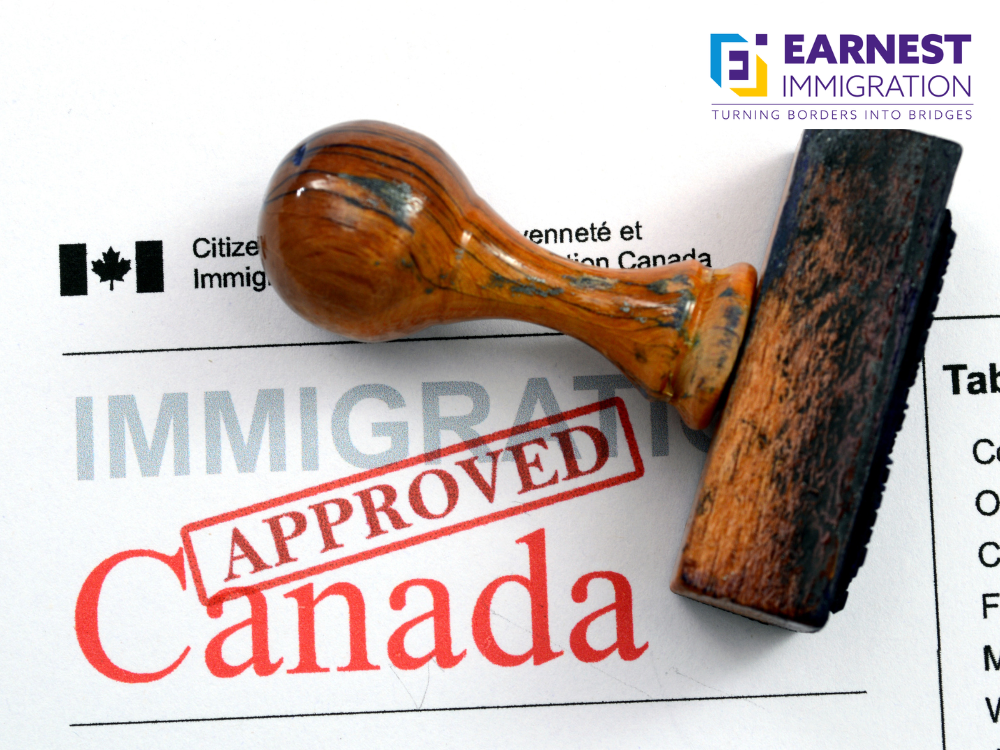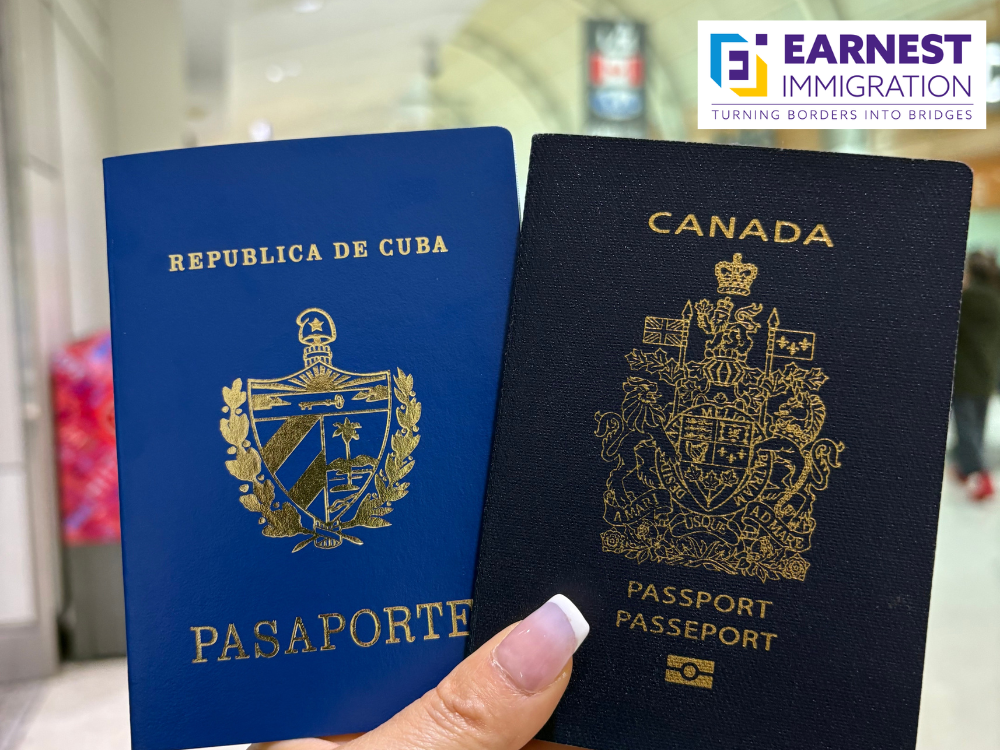Table of Contents
ToggleWhat is a Spousal Open Work Permit (SOWP)?
A Spousal Open Work Permit (SOWP) is a document issued by Immigration, Refugees and Citizenship Canada (IRCC) that allows the spouse or common-law partner of a temporary worker or student permit holder to legally work anywhere in Canada, for any employer. This is significant because it grants them the freedom to pursue employment and contribute financially while their partner studies or works in Canada.
Changes to SOWP Eligibility for Partners of International Students
Immigration, Refugees and Citizenship Canada (IRCC) has updated its rules for SOWPs for spouses and common-law partners of international students.
Key Changes:
Spouses of undergraduate students generally no longer qualify for Spousal Open Work Permits (SOWPs):
This new regulation impacts partners of students enrolled in most college programs (associate’s degrees, diplomas) and bachelor’s degree programs across various fields. Here are some examples:
Programs Affected: Business Administration, Engineering (undergraduate), Computer Science (undergraduate), Psychology (undergraduate), English Literature, History, Mathematics (undergraduate).
Exceptions Exist for Specific Professional Degrees:
Partners of students pursuing certain professional degrees are still eligible for SOWPs. These programs typically require additional training and lead to regulated professions in Canada. Some examples include:
Qualifying Programs: Doctor of Dental Surgery (DDS), Bachelor of Law (LLB) or Juris Doctor (JD), Doctor of Medicine (MD), Master of Business Administration (MBA) (if qualifying as a professional degree program), Master of Engineering (MEng) (in specific disciplines designated by Engineers Canada).
Why the Distinction?
The change in SOWP eligibility reflects a shift in IRCC’s focus. By prioritizing SOWPs for partners of students in professional programs, the aim might be to:
- Align work opportunities with higher education pursuits: Partners of students in programs that lead to regulated professions may have a higher chance of finding skilled work in Canada after graduation.
- Address potential misuse: IRCC might be aiming to ensure the program is used for its intended purpose – supporting spouses of students pursuing advanced studies and potentially contributing skilled professionals to Canada’s workforce.
Important Note: This is not an exhaustive list, and it’s crucial to consult the official IRCC website for the most up-to-date information on qualifying programs.
Eligibility and Proof:
- To qualify, partners must prove their relationship and the student’s enrollment in a qualifying program (master’s, PhD, or specific undergraduate programs).
- Accepted documents include a Letter of Acceptance, enrollment letter, or program transcripts.
Existing Applications and Permits:
- Applications submitted before March 19, 2024, may still be valid if the student meets specific requirements (valid study permit, eligible for PGWP, full-time enrollment).
- The same applies to those seeking to extend existing SOWPs.
Alternative Options:
- Partners who don’t qualify for SOWPs can explore other work permit options or visitor visas (but visitors cannot work in Canada).
Reasoning Behind the Changes:
- IRCC aims to address issues with the previous program and ensure its legitimacy.
- Focusing SOWPs on partners of higher-level students helps promote family reunification.
Consult a Licensed Immigration Consultant for Expert Advice on Canadian Immigration
For the most current information and tailored guidance on Canadian immigration laws, contact Earnest Immigration, an RCIC licensed consultant. Ensure you make informed decisions for your journey to Canada.






